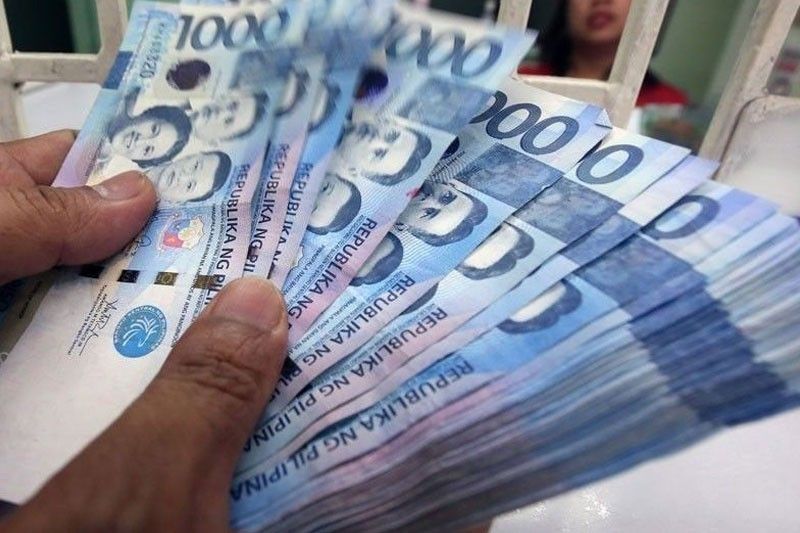AMLC downgrades terror financing risks

MANILA, Philippines — The threats and vulnerability posed by terrorism and terrorism financing in the Philippines have been downgraded to medium high from high, as both public and private sectors pursue efforts and strategies to fight terrorism and its financing, according to the Anti-Money Laundering Council (AMLC).
“The rating entails that the public and private sector continue their efforts and strategies that have been undertaken and implemented in the combat against terrorism and its financing,” the AMLC said in its 2022 Terrorism and Terrorism Financing Risk Assessment.
Based on its initial assessment, the financial intelligence unit said the risk arising from proliferation financing is medium high, as mitigating measures are still developing.
“Thematic assessments likewise show improved level of compliance by financial institutions through adoption of screening systems and increased capacity building. Inherent risks of terrorism and terrorism financing– globally and domestically – remain to be high,” it said.
According to the AMLC, terrorism continues to progress as terrorists and threat groups develop new strategies in recruitment and execute attacks.
“The Philippines must continue to be aggressive in its efforts in combating terrorism and its financing. Terrorist groups, international and domestically, are still present; though their activities are becoming dormant and are waning. This further implies that these terror groups are losing resources and funding,” it said.
Despite the presence of vulnerabilities, the financial intelligence unit said there are efforts done by the government as well as the private sectors to mitigate vulnerabilities.
While law enforcement approach continues to be the primary means in combating terrorism, it added that the dismantling of terrorist financing networks is another method to eliminate terrorism.
“Preventing terrorists and threat groups access to funds and resources degrade their capability to launch operations and attacks; infuse higher risks; and cause uncertainty into future operations. The same approach can be applied to combating proliferation financing,” the AMLC said
Likewise, the imposition of sanctions freeze order, conduct of extensive awareness campaign on proliferation of weapons of mass destruction and its financing, effecting private and public coordination as well as international cooperation and engagement are among the factors that contribute to mitigating elements of proliferators and supply actors.
“It has been proven that domestic and international coordination mechanisms are instrumental in providing better responses to the threats posed by terrorism, terrorism financing, proliferation of weapons of mass destruction, and its financing; and thus should be retained and be further strengthened. Recent experiences have shown that close domestic and international coordination among the AMLC, and relevant government agencies yielded positive results,” it said.
In the 2022 Global Terrorism Index (GTI) Report, the Philippines placed 16th with a score of 6.790, the lowest score the country has achieved since 2017, but still within the high category. It remains one of the countries with the highest GTI scores in Asia-Pacific from 2011 to 2021.
Among the drivers that caused improvement in the GTI rating are the data on the attacks, deaths, wounded and hostages as the number of deaths in the Philippines has decreased for the second consecutive year to 53 in 2021 from 97 deaths in 2020.
Nevertheless, the Philippines has the highest death rate over the last decade, recording over 1,000 of the 3,250 terrorism deaths in t Asia-Pacific.
A study conducted by the AMLC titled “An Assessment of the Philippines’ Exposure to External and Internal Threats’’ showed that based on suspicious transaction reports from 2018 to 2020, there are 1,186 suspicious current account/savings account (CASA) transactions in relation to terrorism financing amounting to P324.9 million.
This showed a substantial increase in suspicious transaction reports in the previous assessment with 396 suspicious transactions from 2013 to 2017.
Based on the results of the study, funds with alleged links to terrorism and terrorism financing mostly circulated and remained within the Philippine financial system.
- Latest
- Trending

























